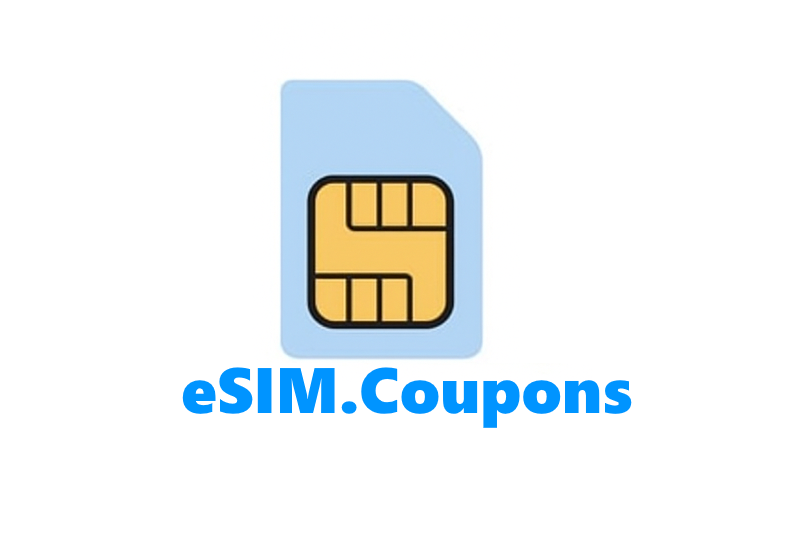The Ultimate Guide to Understanding the Redemption of Coupon Meaning
In the world of shopping and saving money, the Redemption of Coupon Meaning holds significant value. Coupons are not just pieces of paper or digital codes; they represent potential savings and opportunities to make the most out of every purchase. Understanding the intricacies of coupon redemption can unlock a world of discounts and deals that can benefit both consumers and businesses. In this ultimate guide, we will delve deep into the Redemption of Coupon Meaning, exploring its importance, benefits, and strategies for maximizing savings through effective coupon use. Join us on this journey to unravel the secrets behind coupon redemption and take your shopping experience to the next level.
Coupons have been around for over a century, with their origins dating back to the late 19th century when Coca-Cola introduced the concept of offering free drink coupons to entice customers. Since then, coupons have evolved into a popular marketing tool used by businesses to attract and retain customers. In simple terms, a coupon is a voucher or ticket that can be redeemed for a discount or special offer on a product or service.
Over the years, coupons have transitioned from paper-based cutouts to digital formats that can be easily accessed and redeemed online or through mobile devices. This shift has made it more convenient for both businesses and consumers to take advantage of discounts and promotions. Today, coupons play a significant role in driving sales and building brand loyalty, making them a valuable strategy for businesses looking to attract new customers and retain existing ones.
Coupons come in various types, each offering different discounts or benefits to consumers. The most common types of coupons include percentage-off coupons, which reduce the total purchase price by a certain percentage, such as 10% or 20% off. Another popular type is dollar-off coupons, which deduct a specific dollar amount from the total cost, like $5 or $10 off. Additionally, there are buy-one-get-one (BOGO) coupons, where purchasing one item allows you to receive another item for free or at a discounted price.
Understanding the different types of coupons can help you make the most out of your shopping experience. By knowing which type of coupon you have, you can maximize your savings and make informed purchasing decisions. Whether you’re looking to save money on groceries, clothing, or electronics, utilizing the right type of coupon can lead to significant discounts and valuable savings. Stay updated on the latest coupon trends and take advantage of the various types available to unlock exclusive deals and promotions.
Coupon redemption is a crucial aspect of any marketing strategy, as it allows businesses to track the effectiveness of their promotions and gauge customer engagement. By monitoring how many coupons are redeemed, companies can assess the success of their campaigns and make informed decisions about future marketing efforts. Additionally, coupon redemption helps businesses attract new customers, retain existing ones, and drive sales by offering discounts and incentives. It’s a win-win situation for both consumers and businesses, as shoppers get to save money while companies benefit from increased foot traffic and brand loyalty.
In simple terms, coupon redemption is like a feedback loop for businesses – it shows them what works and what doesn’t in terms of attracting customers and boosting sales. When customers redeem coupons, they are essentially showing their interest in a product or service, which helps businesses tailor their offerings to meet consumer preferences. Moreover, the allure of saving money through coupons can incentivize customers to make purchases they may not have otherwise considered, driving revenue for businesses. In today’s competitive market, coupon redemption plays a vital role in helping companies stand out from the crowd and stay ahead of the competition.
Coupon redemption is the process of exchanging a coupon for a discount or special offer at a store or online retailer. When you receive a coupon, you can use it to save money on your purchase by presenting it at the checkout or entering the code online. The redemption process typically involves scanning or entering the coupon code to apply the discount to your total order.
To redeem a coupon, simply present it to the cashier during checkout or enter the code at the online checkout page. Make sure to check the terms and conditions of the coupon, including any expiration dates or restrictions on use. Once the coupon is successfully redeemed, you will see the discount applied to your purchase, allowing you to save money on your shopping. Coupon redemption is a great way to get the most out of your money and enjoy discounts on your favorite products.
Coupon redemption offers a variety of benefits for both consumers and businesses. For consumers, it means being able to save money on their purchases, whether it’s on everyday essentials or luxury items. Coupons provide a way to stretch their budget and get more value for their money. By redeeming coupons, shoppers can try out new products or services without breaking the bank.
On the other hand, businesses benefit from coupon redemption by attracting new customers and retaining existing ones. Coupons serve as a powerful marketing tool to drive sales and increase brand awareness. By offering discounts and promotions, businesses can incentivize customers to make a purchase, clearing out excess inventory, boosting revenue, and improving cash flow. Additionally, coupon redemption can help businesses track the effectiveness of their marketing campaigns and tailor future promotions to better suit their target audience’s preferences.
Coupon redemption strategies are essential for businesses looking to maximize the effectiveness of their promotions and drive sales. One key strategy is to offer coupons with clear and enticing offers that appeal to customers. This can include discounts, free shipping, or buy-one-get-one deals. By clearly communicating the value of the coupon, businesses can increase the likelihood of customers redeeming them.
Another effective strategy is to target coupons to specific customer segments. By tailoring coupons to the preferences and buying habits of different customer groups, businesses can increase redemption rates and drive repeat business. This can be done through personalized email campaigns, social media targeting, or loyalty programs.
Finally, businesses should track and analyze coupon redemption data to refine their strategies over time. By monitoring which coupons are most successful and which channels drive the most redemptions, businesses can optimize their coupon marketing efforts for maximum impact. By implementing these strategies, businesses can increase customer engagement, drive sales, and ultimately boost their bottom line.
When it comes to redeeming coupons, there are a few common mistakes that many people make. One of the most common errors is not reading the fine print. It’s important to carefully review the terms and conditions of the coupon to ensure that you meet all the requirements for redemption. Another mistake is waiting too long to use the coupon. Coupons often have expiration dates, so it’s essential to use them before they expire.
Another common mistake is not using the coupon on the correct item or at the designated store. Make sure to double-check that the coupon is valid for the specific product or service you are purchasing and that you are using it at the right location. By avoiding these common coupon redemption mistakes, you can make the most out of your savings and get the best deals possible.
Technology has revolutionized the way coupons are redeemed, making the process more convenient and efficient for both consumers and businesses. With the rise of digital couponing platforms and mobile apps, shoppers can easily access and redeem discounts with just a few clicks on their smartphones. This has greatly increased the speed and convenience of redeeming coupons, leading to higher redemption rates and customer satisfaction.
Furthermore, technology has enabled businesses to track and analyze coupon redemption data more effectively. This allows companies to gain valuable insights into consumer behavior and preferences, helping them tailor their marketing strategies to better target their audience. With the ability to personalize offers and promotions based on customer data, businesses can drive higher engagement and loyalty among their customers. Overall, technology has transformed the coupon redemption process, making it more seamless, data-driven, and impactful for both consumers and businesses alike.
Future trends in coupon redemption are expected to continue evolving in response to changing consumer behaviors and technology advancements. One key trend is the growing popularity of digital coupons, which can be easily accessed and redeemed through mobile apps or websites. This shift towards digital coupons offers convenience for both consumers and retailers, as it eliminates the need for paper coupons and enables targeted marketing strategies.
Another emerging trend is the use of personalized coupons based on individual shopping habits and preferences. With the help of data analytics and artificial intelligence, retailers can now tailor coupon offers to specific customers, increasing the likelihood of redemption. This personalized approach not only enhances the shopping experience but also maximizes the effectiveness of coupon campaigns. Overall, the future of coupon redemption is moving towards a more digital, personalized, and efficient process that benefits both consumers and businesses alike.



